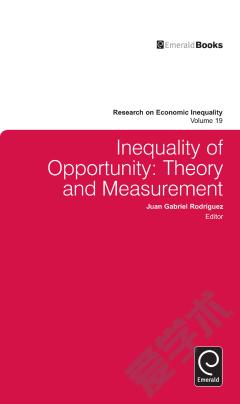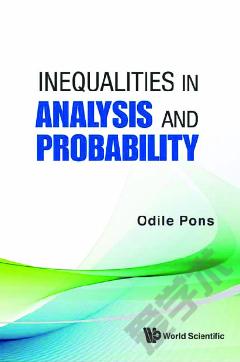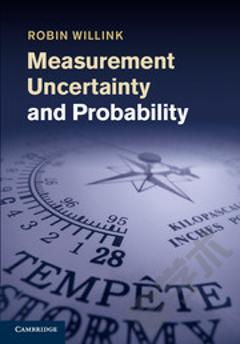Inequality of Opportunity —— Theory and Measurement
----- 机会不平等:理论和测量
This volume contains both theoretical and applied on the concept of equality of opportunity which says that a society should guarantee its members equal access to advantage regardless of their circumstances, while holding them responsible for turning that access into actual advantage by the application of effort. Theoretical papers discuss to what extent some of the measures of inequality of opportunity meet the reward and the compensation principles, a new methodology for evaluating long-term income distributions, the implications of partial observability of individuals' circumstances on the measurement of inequality of opportunity and the advantages of applying segregation indices to study inequality in life chances. The applied work investigates how governments affect inequality of opportunity through the design of their tax and transfer schemes in 15 European countries, the changing role of circumstances for measuring inequality of opportunity in Chile, the existence of a poverty trap in Haiti and its consequences for equality of opportunity, and the correlation between circumstances and effort in the measurement of inequality of opportunity in U.S. during the period 1969-2007.
{{comment.content}}








 京公网安备 11010802027623号
京公网安备 11010802027623号